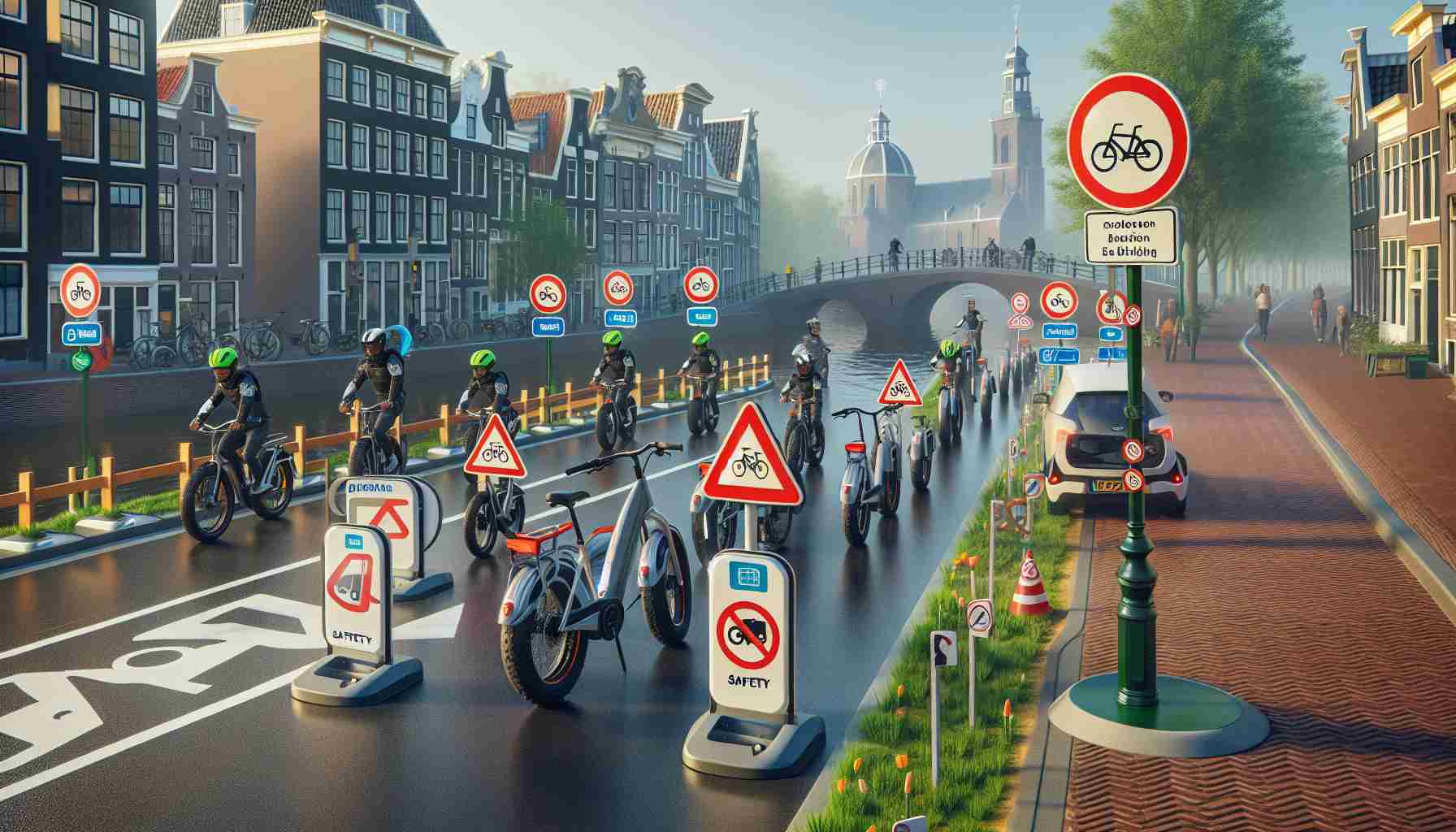In an effort to enhance safety and curb potential abuse of electric bikes and fat bikes, the Dutch Cabinet has announced a ban on performance modifications. This move is aimed at preventing these bikes from being altered to exceed legal speed limits and endanger riders and other road users.
The ban comes as a response to an increasing number of accidents involving modified electric bikes and fat bikes. While these bikes offer numerous benefits, such as reducing emissions and promoting active transportation, the improper modification of their speed capabilities has led to serious safety concerns.
By implementing this ban, the Dutch government hopes to make a significant impact on preventing accidents and injuries caused by reckless riding. The decision also serves to protect the reputation of electric bikes and fat bikes as reliable and safe means of transportation.
Furthermore, this ban underlines the commitment of the Dutch government to prioritize the safety and well-being of its citizens. It sends a clear message that any modifications that compromise the safety of riders and others on the road will not be tolerated.
To enforce this ban effectively, the Dutch government will collaborate with manufacturers and retailers to ensure that electric bikes and fat bikes sold in the country comply with the established regulations. This cooperation between the government and industry stakeholders will work towards providing consumers with safe and reliable bikes that meet legal standards.
In conclusion, the Dutch government’s ban on performance modifications of electric bikes and fat bikes is a significant step towards enhancing safety on the roads. By preventing reckless modifications, the government aims to protect riders and other road users, while also upholding the positive reputation of these alternative means of transportation.
The electric bike industry has been experiencing significant growth in recent years, driven by a growing interest in sustainable transportation and active lifestyles. According to market research reports, the global electric bike market is expected to reach a value of $38.6 billion by 2025, with a compound annual growth rate of 6.1% from 2019 to 2025.
The Dutch market, in particular, is one of the largest in Europe for electric bikes. The country’s flat terrain, extensive cycling infrastructure, and environmentally conscious population have made it an ideal market for these bikes. In fact, the Netherlands has one of the highest rates of bicycle ownership per capita in the world.
However, the increasing popularity of electric bikes has also raised concerns about safety. The improper modification of these bikes, including altering their speed capabilities, has led to accidents and injuries. This has prompted the Dutch government to take action and implement the ban on performance modifications.
The ban is expected to have a positive impact on the industry by promoting the sale of safe and reliable electric bikes. It will also help maintain consumer confidence in the product, as riders can trust that the bikes they purchase meet the necessary safety standards.
Manufacturers and retailers in the electric bike industry will play a crucial role in ensuring compliance with the ban. They will need to work closely with the government to ensure that the bikes they produce and sell adhere to the established regulations. This collaboration will help create a sustainable and responsible industry that prioritizes safety.
Overall, the ban on performance modifications of electric bikes and fat bikes in the Netherlands is a significant development for the industry. It demonstrates the government’s commitment to promoting safe and sustainable transportation options and protecting the well-being of its citizens. With the continued growth of the electric bike market, it is crucial for industry players to prioritize safety and comply with regulations to maintain the positive reputation of these bikes.
